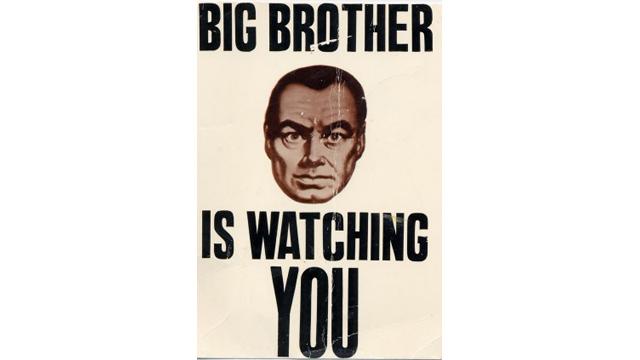
New York City has taken the next step towards becoming a police state. It wasn’t enough to prevent New Yorkers from drinking in parks, or to have the police remove Occupy Wall Street protesters. Now things are getting technological.
Last week, the NYPD unveiled a new computer system, called the Domain Awareness System, that will be a massive step forward for crime fighting but that has civil liberties activists up in arms. This system, developed in conjunction with Microsoft at a cost of $30-40 million, will consolidate every NYPD database and give immediate access to every one of the over 3,000 street camera in the city.
The system will also be able to identify license plate numbers and to check them against a watch list, setting off immediate alerts if a match is detected and pulling up crime records and arrest warrants instantaneously. Finally, the computer system will be able to access readings on radioactive materials in order to detect unnatural levels that could indicate terrorist activity.
NYPD Commissioner Raymond Kelly told the NY Daily News that, “For years, we’ve been stovepiped as far as databases are concerned. Now, everything that we have about an incident, an event, an individual comes together on that workbench.” Kelly called the Domain Awareness System “one-stop shopping for investigators.”
In addition to its crime stopping potential, the DAS also has the potential to earn money for the city. The NYPD were actually the ones to approach Microsoft about designing a new system, not the other way around, and were involved in every step of the process. Due to the NYPD’s involvement in its development, Microsoft has agreed that the NYPD will earn 30% of the profits made from selling the technology to other cities.
Predictably, an increase in surveillance technology is ruffling the feathers of civil liberties groups. New York City ACLU Associate Legal Director Chris Dunn told the NY Daily News, “We fully support the police using technology to combat crime and terrorism, but law-abiding New Yorkers should not end up in a police database every time they walk their dog.”
Dunn’s statement hits the nail on the head in my opinion. There is no way to deny that the police should be able to consolidate all of their information in one place if they’re going to effectively fight crime. The question, though, is how far technological development will go. Facial recognition software gets better all the time; it is not hard to imagine that in a few years the DAS will be constantly checking faces against its files, as it is currently doing with license plate numbers.
New Yorkers who go about their daily lives without committing any crimes shouldn’t have to worry about being constantly watched, but I think you would be hard pressed to find someone who wouldn’t.
3 WAYS TO SHOW YOUR SUPPORT
- Log in to post comments











